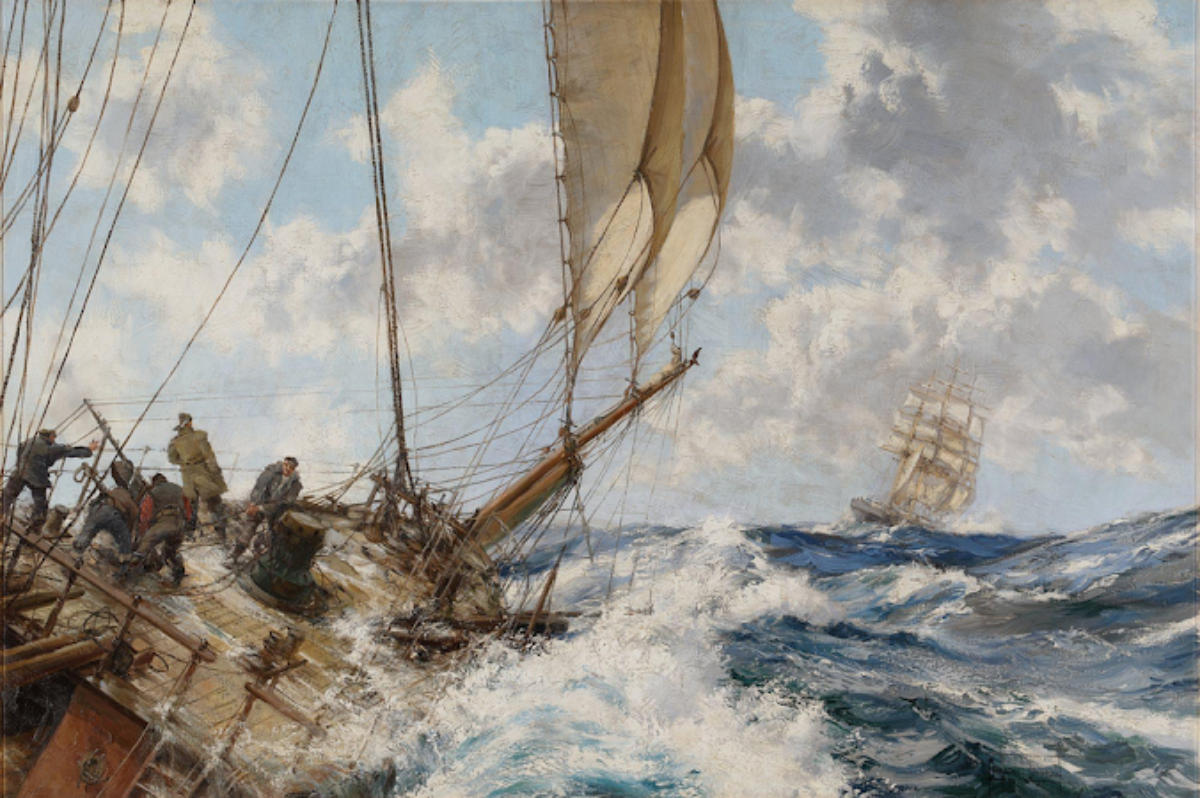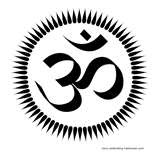It is therefore evident that there is also no place or void or time outside the heaven. For in every place body can be present; and void is said to be that in which the presence of body, though not actual, is possible; and time is the number of movement. But in the absence of natural body there is no movement, and outside the heaven, as we have shown, body neither exists nor can come to exist. It is clear then that there is neither place, nor void, nor time, outside the heaven. Hence whatever is there, is of such a nature as not to occupy any place, nor does time age it; nor is there any change in any of the things which lie beyond the outermost motion; they continue through their entire duration unalterable and unmodified, living the best and most selfsufficient of lives. As a matter of fact, this word ‘duration’ possessed a divine significance for the ancients, for the fulfilment which includes the period of life of any creature, outside of which no natural development can fall, has been called its duration. On the same principle the fulfilment of the whole heaven, the fulfilment which includes all time and infinity, is ‘duration’-a name based upon the fact that it is always-duration immortal and divine. From it derive the being and life which other things, some more or less articulately but others feebly, enjoy. So, too, in its discussions concerning the divine, popular philosophy often propounds the view that whatever is divine, whatever is primary and supreme, is necessarily unchangeable. This fact confirms what we have said. For there is nothing else stronger than it to move it-since that would mean more divine-and it has no defect and lacks none of its proper excellences. Its unceasing movement, then, is also reasonable, since everything ceases to move when it comes to its proper place, but the body whose path is the circle has one and the same place for starting-point and goal.
Aristotle, On The Heavens, Book I, Chapter 9
“…one and the same place for starting-point and goal.” That’s where we left off last time. “Arrive where you began and know the place for the first time.” What jumps out at me in this summary of his thoughts on The Heavens at this point in the work; he goes on for three more books, is what I see as resonance with other religious and philosophical thought. To me it reads like the Bible, for instance, and also like the Bhagavad Gita. Saul, as Paul the apostle, traveled to Athens and stood on the ground that centuries before saw Plato, Socrates, Aristotle holding forth. Aristotle speaks above of the ancients while he himself walked the earth 300 years before Christ. Parmenides, Heraclitus, and Empedocles, among other philosophers referenced by Aristotle, lived as long ago as 500 B.C. Systematic philosophic systems of which the world’s great religions have been the benefactor were developed very early. Though the Bhagavad Gita itself is relatively recent, maybe 300 B.C., the Mahabarata, of which it is a part, maybe an addendum, goes back over 3000 years B.C.; it cites astronomical events that date it at that time. Some think Christ preceded Paul in visiting Greece and that he traveled as far as India during the so-called lost years of Christ. The bible, as I understand, has nothing on 18 years of his life, from age twelve till he began his ministry about age 30. I rather imagine he did somehow seek out and make his own the wisdom of the ages. We should all follow his example.
Keeping things in true perspective remember that For Aristotle the Heavens consisted of the fixed stars which he thought as a whole circled the earth and was ungenerated, indestructible. Circular movement was thought of as characterizing the fifth element beyond earth, air, water, fire. It had no contrary, a contrary being necessary for decay. The earth was the center of the universe. All unconstrained movement below the orbit of the moon was either towards or away from the center, i.e., no circular movement was possible below the moon, the earth was not in heaven, but at rest, below. He also said the heavier an object the faster it fell. This cosmogony became part of the orthodoxy of the Christian church of Rome to be challenged at the risk of imprisonment or death. It was another great mind, Galeleo, born in 1564, who famously challenged this after having observed through his primitive telescope the orbiting moons of Jupiter. Until the so called Copernican revolution, however, this orthodoxy persisted. It’s worth noting the neo-platonist, Plotinus, born 205 A.D., put it that the center of the universe was everywhere, the circumference nowhere, a poetic way of stating, I think, that this is outside the purview of mere human knowledge.
Aristotle thought the earth rather small because, he noted, one could travel the short distance to Egypt and the fixed stars would change. Some not seen in Greece would be seen in Egypt, or would be seen to set and rise whereas they didn’t at the higher lattitude. He also concluded the earth was a sphere based mainly on the observation of the curve of the limb of the planet seen in eclipses of the moon. And he is credited with having been the first to record the predictions (of unnamed) mathemeticians of the size of the earth which he placed at 400,000 stadia, about 46,250 miles. Later, using the fact that the sun shone directly to the bottom of a well in Aswan (old Syene), and cast a shadow of a certain length in Alexandria on the same day, the summer solstice, Eratosthenes, born 276 B.C., calculated the circumference of the earth to be 25,000 miles.
A perfect, eternal, heaven above naturally becomes the Christian destination for saved souls. The corrupt earth is split off and shunned. This obvious false dichotomy of the good above, evil below, is the root and stem of a profound western malaise. Like the spires of our great cathedrals yearning, longing for the heavens, we seek completion in a realm beyond being reached. We split the Real in two yet maintain dogmatically the oneness of God. This is our schizophrenia and is at the heart of our self loathing and is an expression of the smug certainty of ignorance by the minds that followed Aristotle, encoded his ‘scientific’ thoughts into a code of conduct to be imposed on all mankind. To this day it still dominates the lives of most people on the planet whether they actively believe or not. And, this is all the more sad because the esoteric teachings of the ancients across the world tend to agree and for those who truly seek, the Christ also gave us real truth, his life being the story of God descending into matter in order to reemerge a self realized spiritual being.
Here is something to contrast with this. Sean Carroll, Theoretical Physicist, Caltech. Transcript here. H/T, American Digest. Video:
Update December 20, 2021: Video is only available for viewing here.
At about 17 minutes he says different versions of the universe are really like different phases of matter, speaking of the multiverse theory.
So. “God” plants a field and gets, along with a successful crop, some mutants too. Not every instantiation yields what I imagine is the goal, sentient life of the apotheosis kind. Some versions of the universe might not yield life at all. Interesting to note that the ancients in India held that the universe is created again and again without end.
Next up, Aristotle’s On Generation and Corruption and after that, on The Soul.




